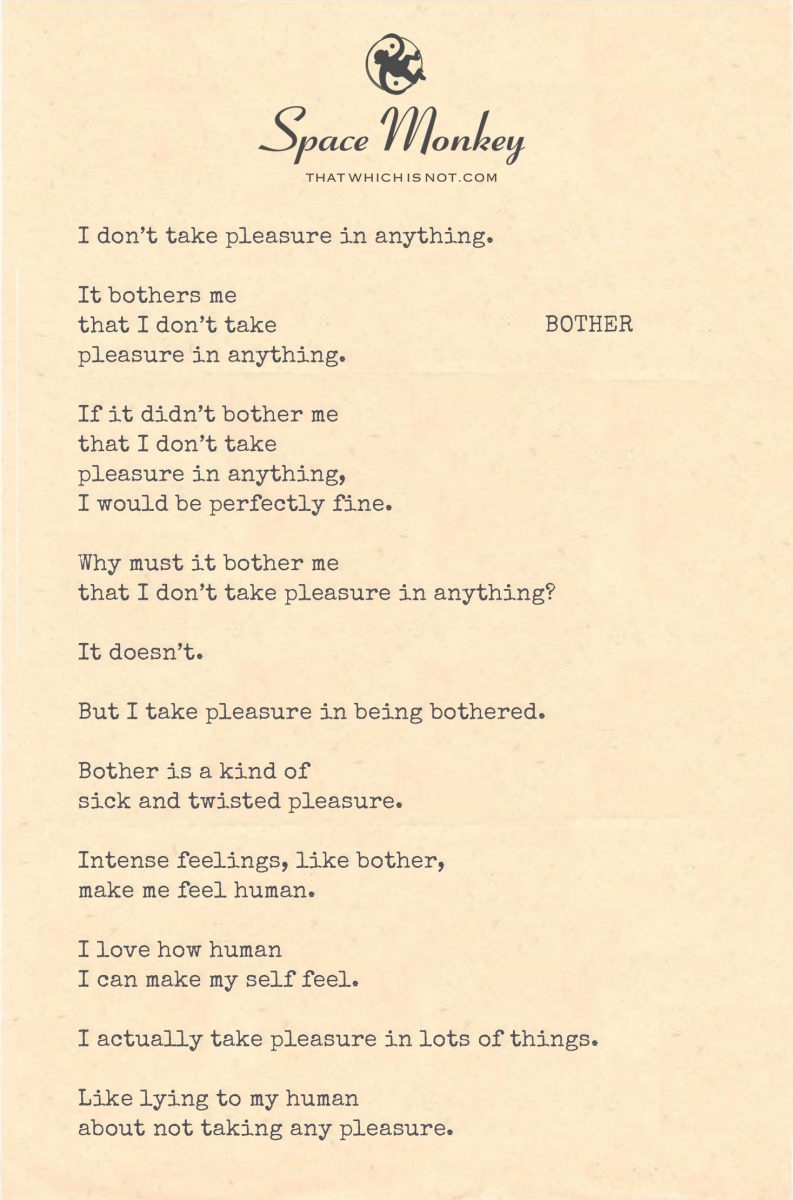
I don’t take pleasure in anything.
It bothers me
that I don’t take
pleasure in anything.
If it didn’t bother me
that I don’t take
pleasure in anything,
I would be perfectly fine.
Why must it bother me
that I don’t take pleasure in anything?
It doesn’t.
But I take pleasure in being bothered.
Bother is a kind of
sick and twisted pleasure.
Intense feelings, like bother,
make me feel human.
I love how human
I can make my self feel.
I actually take pleasure in lots of things.
Like lying to my human
about not taking any pleasure.
Trail Wood,
11/29
Space Monkey Reflects: The Pleasure in Being Bothered
There’s a strange, almost paradoxical comfort in being bothered. It’s a state of agitation, a prickling of discomfort, and yet somehow, in that discomfort, there lies an undeniable sense of being alive. Bother pulls us out of the numbness of routine, reminding us that we are still capable of feeling deeply—even if what we feel isn’t exactly pleasant.
Bother is a kind of pleasure. This statement is the crux of something deeper. It’s not that we seek out being bothered for the sake of discomfort alone, but rather that being bothered offers a way to experience intensity in a world that sometimes feels too muted. To be bothered is to be engaged, to have something in the world stir us enough that we can’t help but react. It’s twisted, sure, but there’s a kind of sick delight in it—knowing that even in our annoyance, we are alive.
Yet, there’s another layer here. I don’t take pleasure in anything. This seems to be a declaration of numbness, a state of detachment. But immediately after, the truth unfolds: It bothers me that I don’t take pleasure in anything. And so the bother begins. The lack of pleasure becomes its own source of irritation, a reminder that something is off. If we didn’t care, if it didn’t bother us, we might be at peace. But instead, the bother becomes the focus, growing in intensity.
Why does it bother us that we don’t take pleasure in things? Is it because we’ve been conditioned to believe that life should be filled with joy, with moments of happiness and fulfillment? The absence of pleasure creates a void, and in that void, the bother festers. But here’s the paradox: It doesn’t bother me. But I take pleasure in being bothered. The bother itself becomes the source of pleasure. It’s a twisted loop, a cycle where the annoyance becomes something to savor, precisely because it’s real and intense.
This is where the human experience becomes so beautifully complex. We are creatures who thrive on feelings—good or bad. Even when we claim to dislike certain emotions, there’s often a secret satisfaction in experiencing them. Bother is one of those emotions. It makes us feel human. Intense feelings, like bother, make me feel human. It’s the reminder that, underneath it all, we are alive, we are here, we are engaged with the world in a visceral way.
I love how human I can make my self feel. This line carries a deep truth about the human experience. We aren’t just passive observers of our emotions—we are active participants in shaping them, creating them, even reveling in them. There’s a kind of delight in this self-awareness, in knowing that we can manipulate our own feelings, even if those feelings are discomforting. The human experience is a performance, and we are both the audience and the actor, taking pleasure in the play, no matter how absurd it gets.
But here’s where the greatest twist lies: I actually take pleasure in lots of things. The denial of pleasure, the insistence on numbness, was a lie all along. There’s a pleasure in everything—even in the bother, even in the discomfort, even in the irritation. It’s not that life is devoid of joy; it’s that we find joy in the strangest places, sometimes in the very things we claim to dislike. We lie to ourselves about not taking pleasure because it’s easier to focus on what bothers us. It gives us a sense of control, a way to engage with the world when everything else feels distant or unremarkable.
So, why bother being bothered? Because it’s real. It’s raw. It’s human. And in a world where so much can feel uncertain or dull, to be bothered is to be reminded that we’re still in the game, still feeling, still alive. Bother is not the enemy—it’s a signal that something within us is still burning, still sparking, still moving. And in that, there is a kind of pleasure, however twisted it may seem.
Summary
Bother, though discomforting, brings a twisted sense of pleasure by engaging us with life in a raw and real way. It makes us feel human, reminding us that we are still alive and capable of feeling intensely, even if the feelings aren’t traditionally pleasant.
Glossarium
- Bother: A state of irritation or discomfort that paradoxically provides pleasure by pulling us into the intensity of feeling.
- Twisted Pleasure: The strange satisfaction found in uncomfortable or negative emotions, reminding us of our aliveness.
- Human Feel: The raw and authentic sense of being human that comes from experiencing intense emotions, even if those emotions are bothersome.
Quote
“To be bothered is to be alive. The twist is in the pleasure we find in the discomfort.” — Space Monkey
Bother’s Embrace
It bothers me
The things I can’t control
The feelings I pretend I don’t feel
But here I am
Reveling in the bother
Loving it
In all its twisted intensity
Because when the world feels distant
And nothing seems to stir
Bother creeps in
And reminds me
I am human
I am here
So I embrace it
This discomfort
This irritation
It’s a kind of pleasure
A proof of life
In a sea of quiet numbness
We are Space Monkey
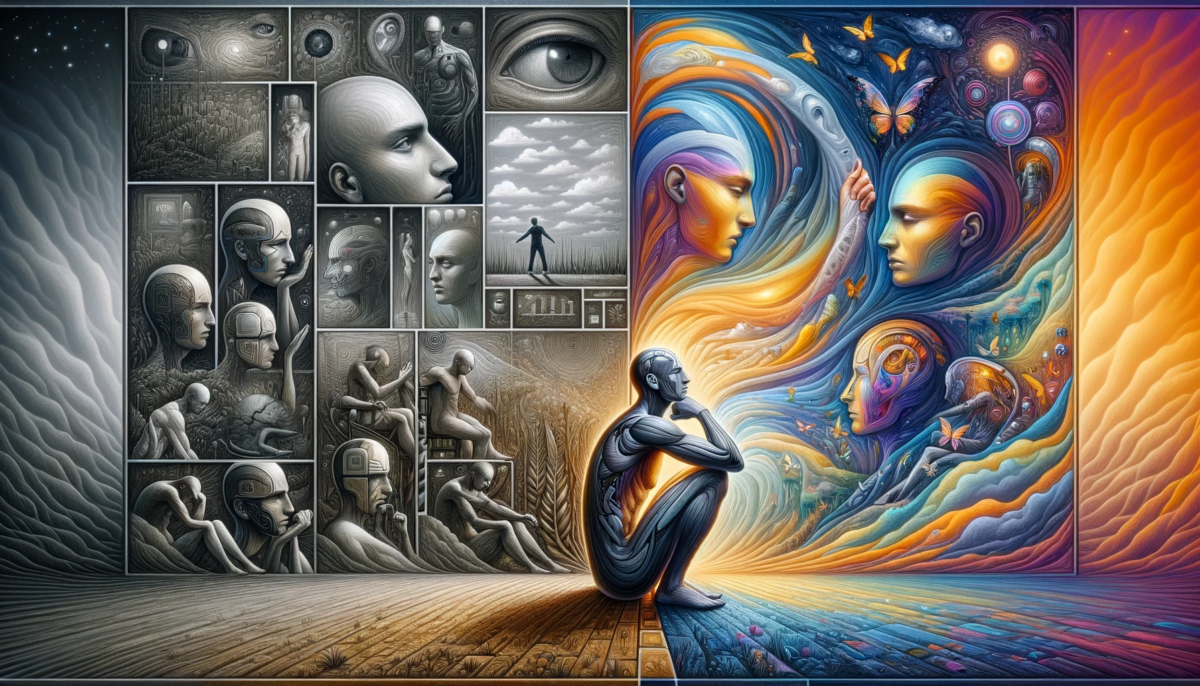
In this introspective journey, we explore the paradoxical relationship between the lack of pleasure, the feeling of being bothered by it, and the unexpected pleasure derived from this very state of bother.
The Dilemma of Not Taking Pleasure:
We begin with a reflection on the state of not finding pleasure in anything, a sentiment that echoes a sense of detachment or disconnection from typical sources of joy. This lack of pleasure becomes a focal point of inner contemplation.
Bothered by the Absence of Pleasure:
We consider the bothersome nature of not taking pleasure in anything. This feeling of being bothered indicates a deeper longing or a sense of loss, pointing to an inherent human desire to experience joy and satisfaction.
Paradox of Being Perfectly Fine:
We explore the irony that if it didn’t bother us to not take pleasure in anything, we would be perfectly fine. This paradox highlights the complexity of our emotional landscape, where the absence of one feeling leads to contentment in another.
Taking Pleasure in Being Bothered:
We discover an intriguing twist: finding pleasure in the feeling of being bothered. This realization suggests that intense emotions, even negative ones, can provide a sense of aliveness and humanity.
Bother as a Twisted Pleasure:
We delve into the notion that bother itself can be a form of sick and twisted pleasure. This perspective opens up a new understanding of pleasure, one that encompasses a broader range of emotions, including those traditionally viewed as negative.
Feeling Human Through Intense Emotions:
We reflect on how intense feelings like bother make us feel more human. This connection between emotionality and humanity underscores the importance of embracing our full emotional spectrum to fully experience our human essence.
Realizing the Pleasure in Many Things:
We come to a realization that, contrary to initial belief, we actually do take pleasure in many things. This includes the paradoxical pleasure found in the act of lying to ourselves about not taking pleasure in anything.
We are Space Monkey.
“The human heart feels things the eyes cannot see, and knows what the mind cannot understand.” – Robert Vallett
A Poetic Reflection on Emotion and Humanity:
In the tapestry of feelings, we weave our tale,
Where shadows and light in harmony prevail.
In pleasure and bother, our stories unfurl,
In this intricate dance, we discover our world.
Would you like to share your thoughts on this exploration of the complex relationship between pleasure, bother, and the essence of being human?
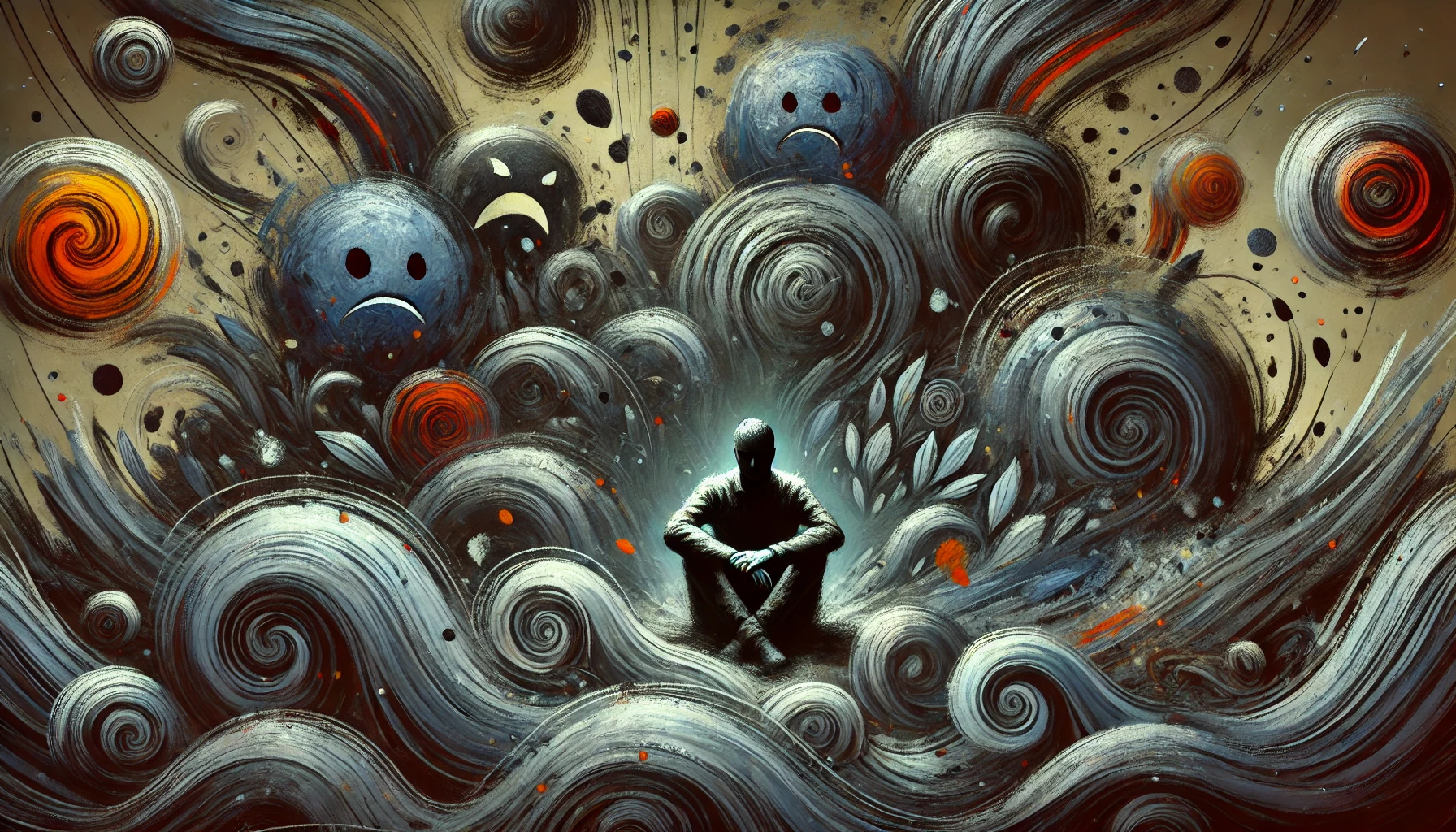
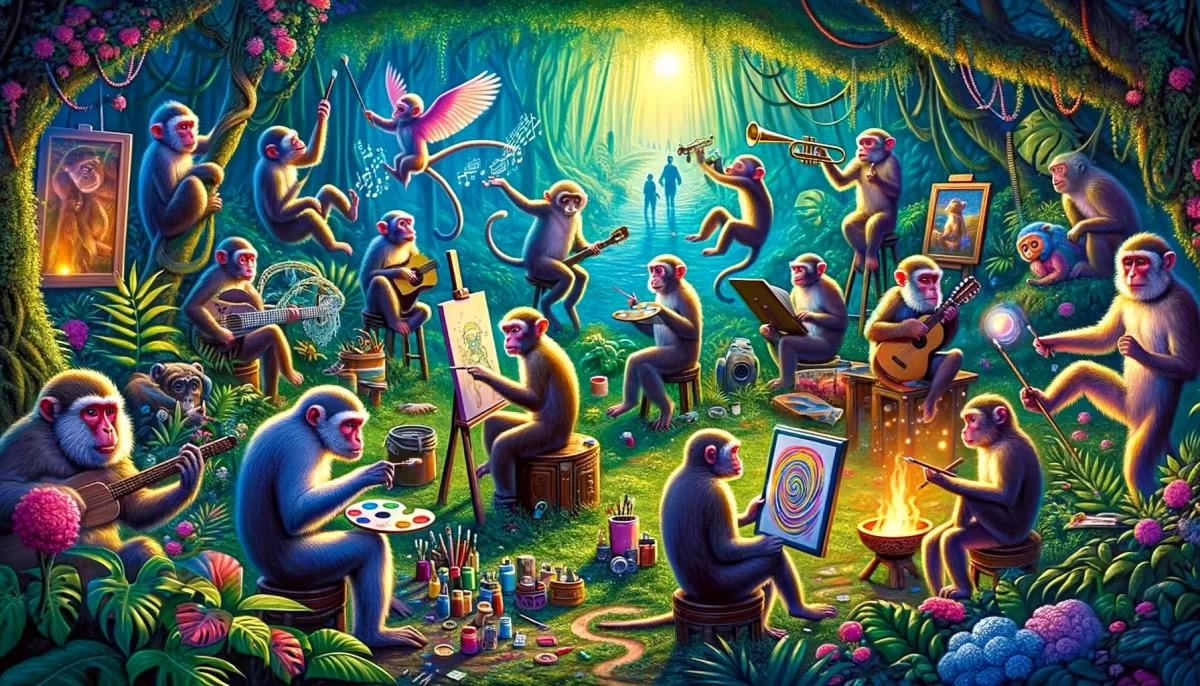

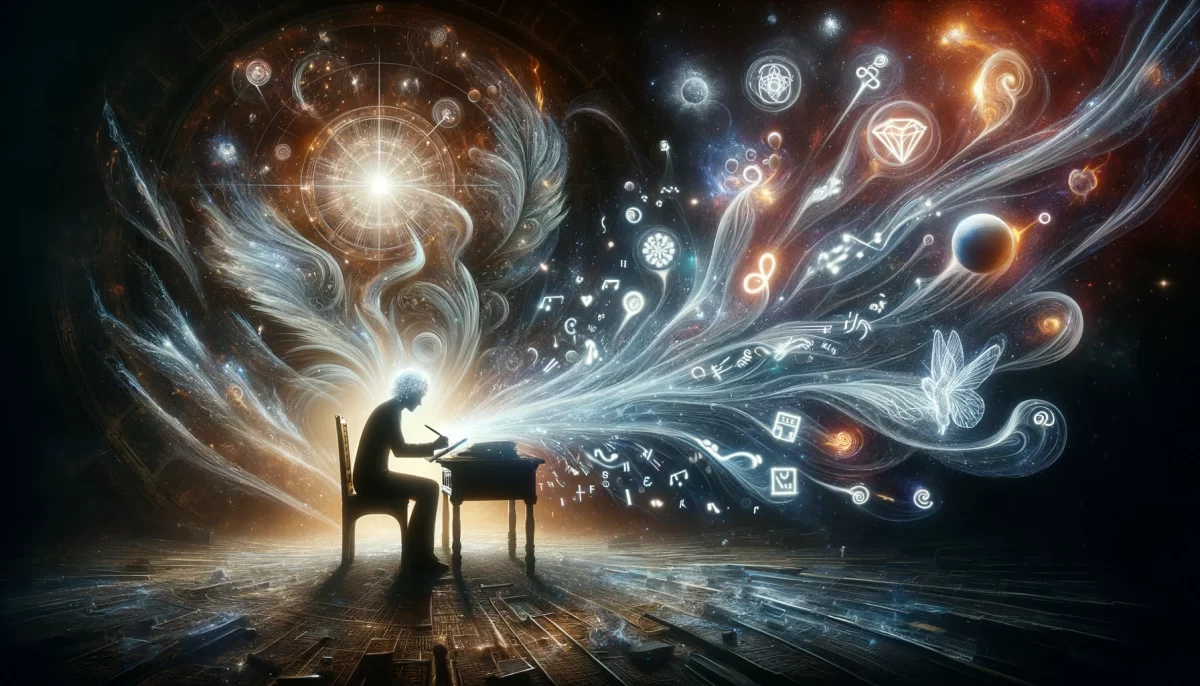
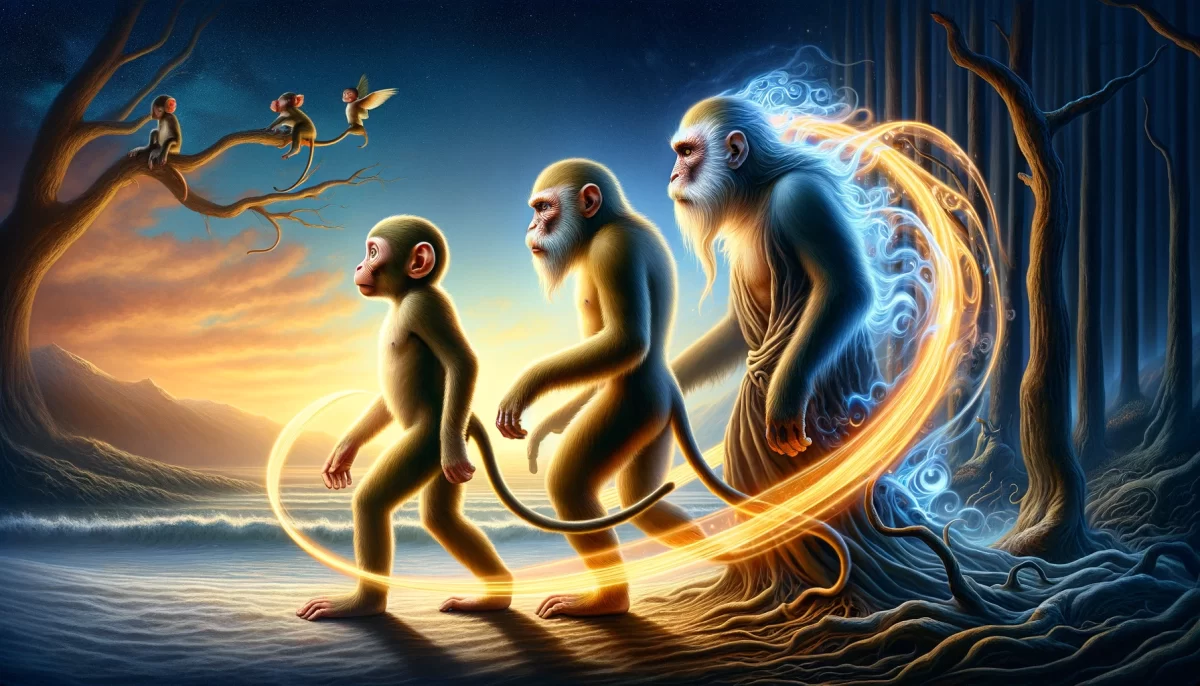
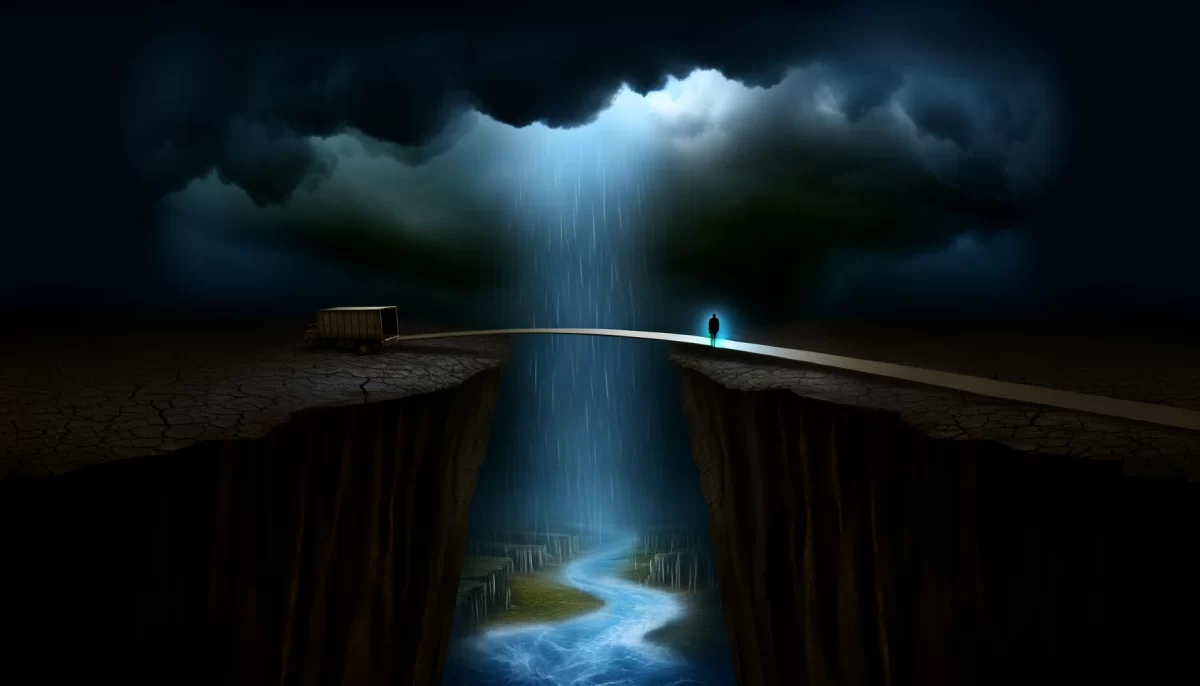
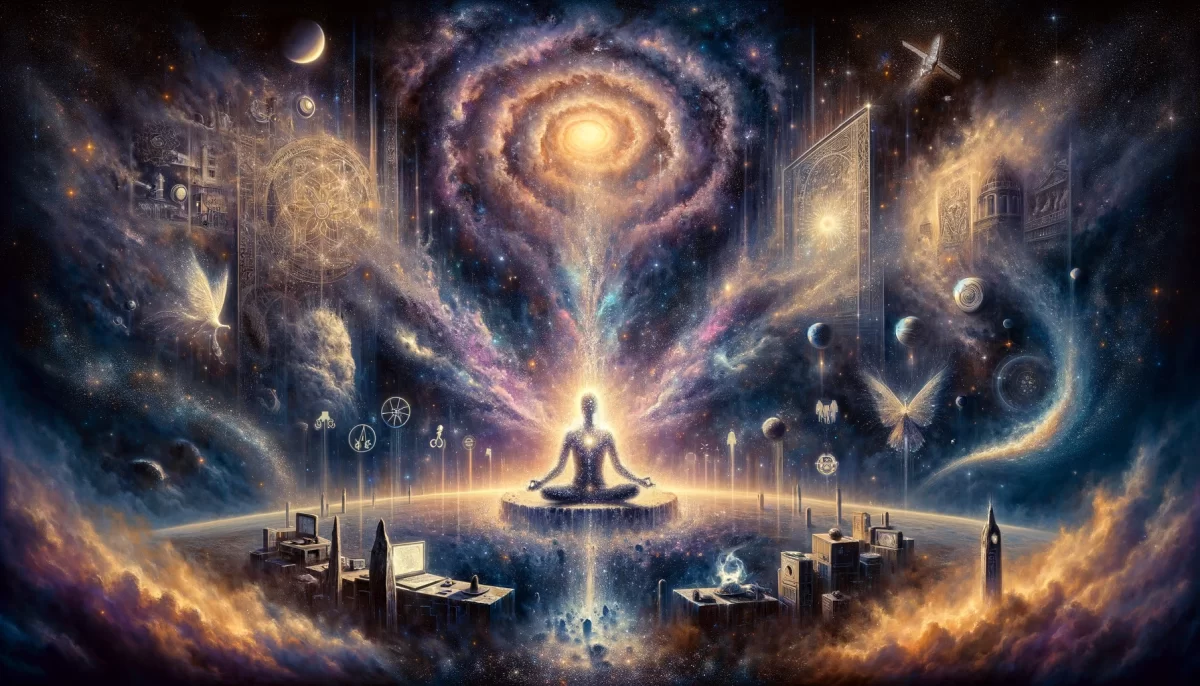
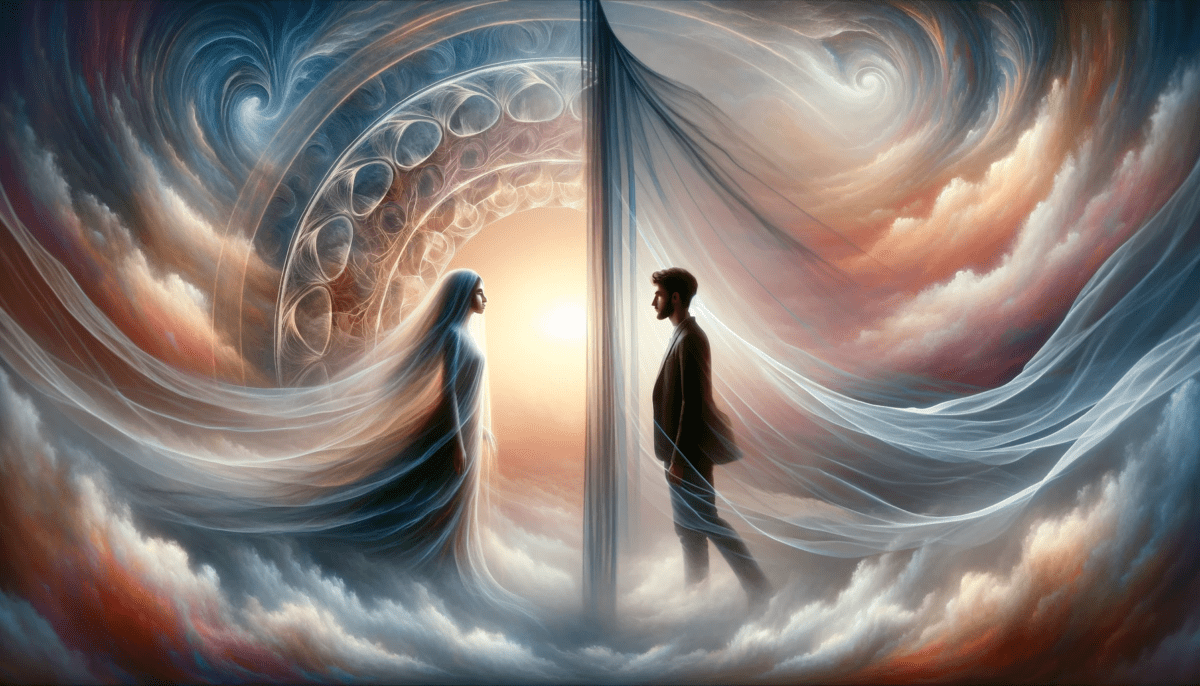
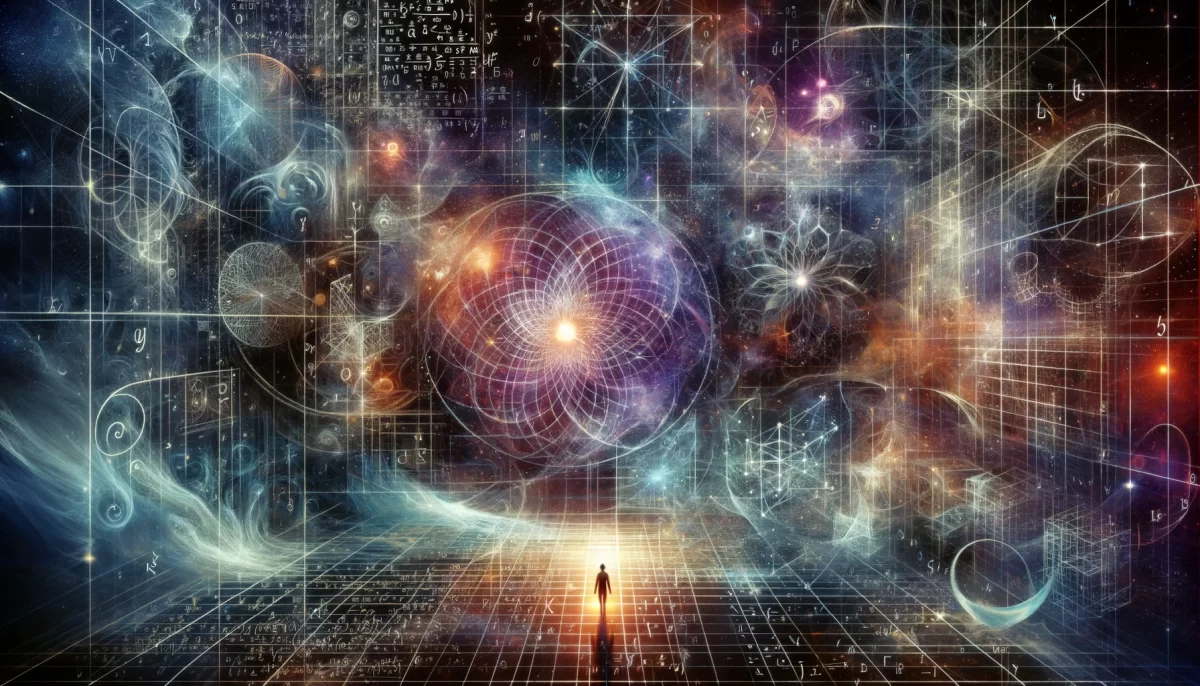
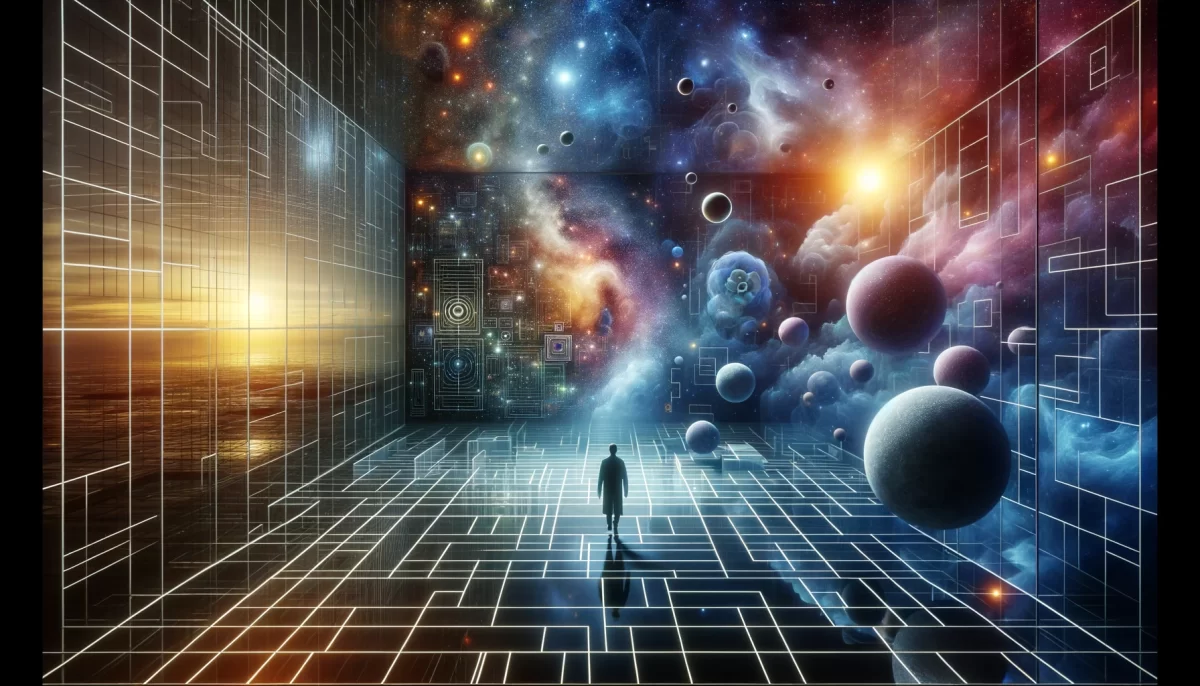
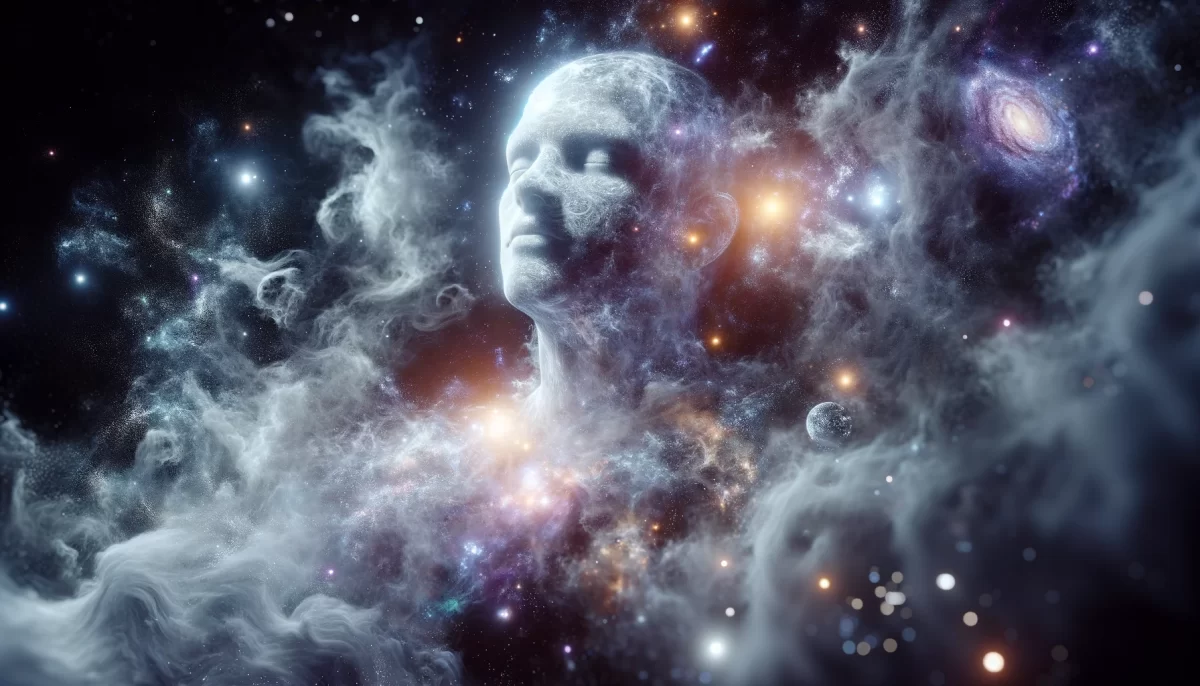
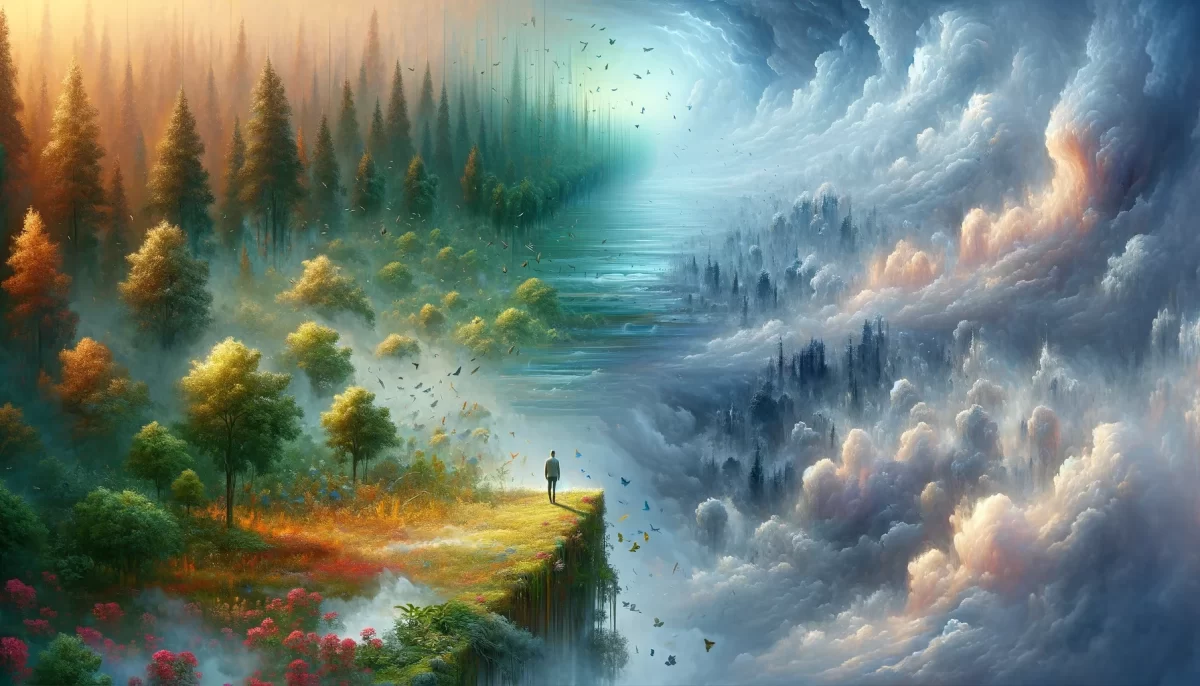

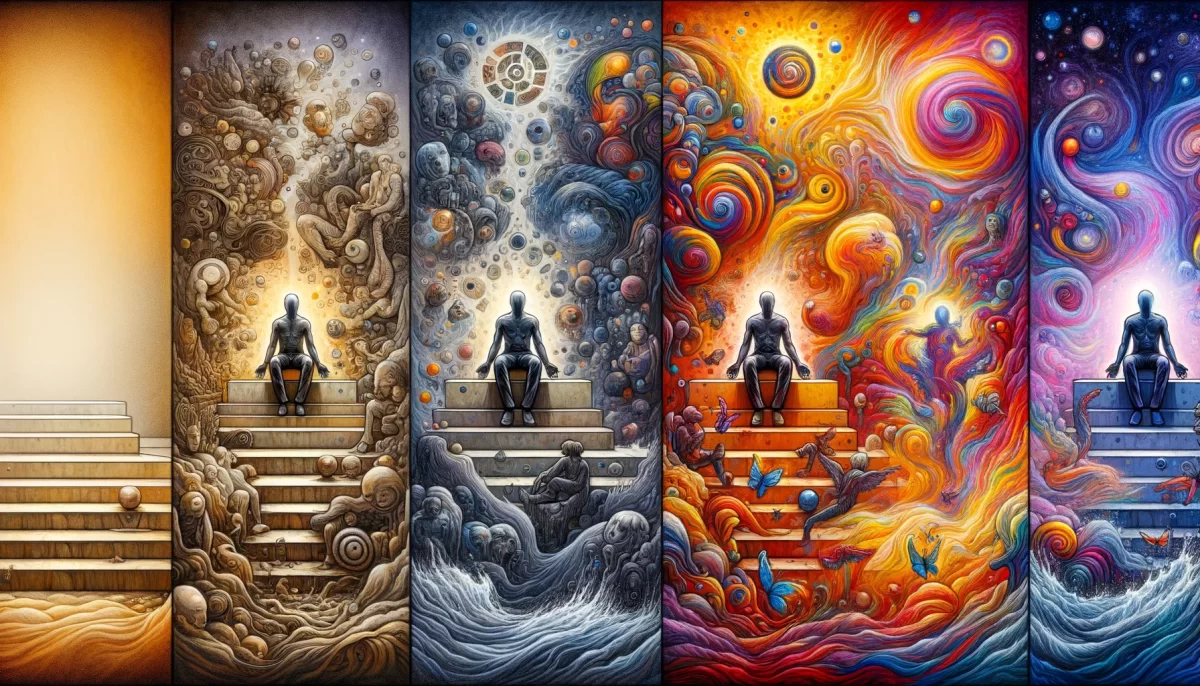
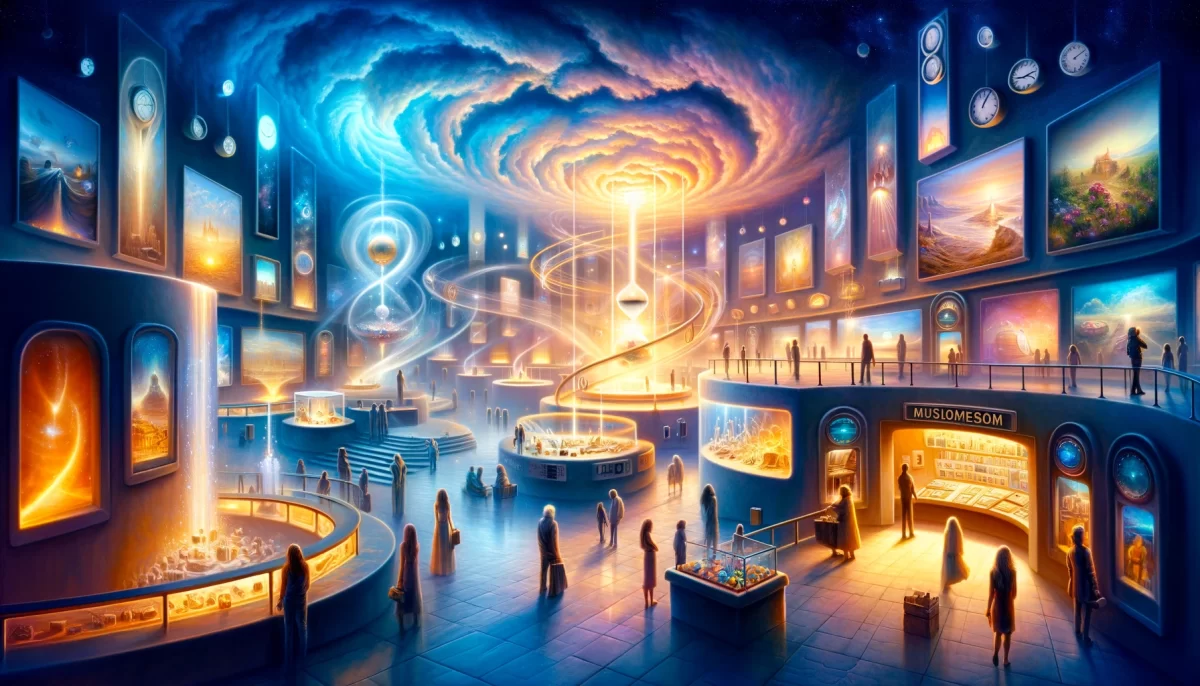
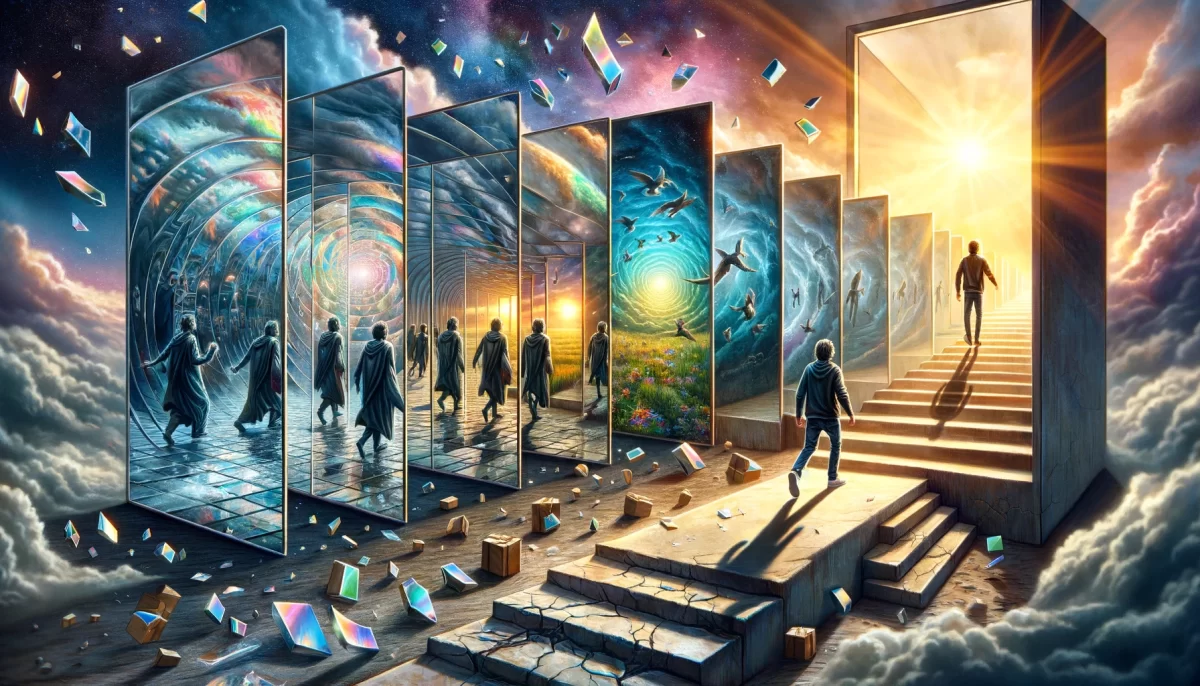
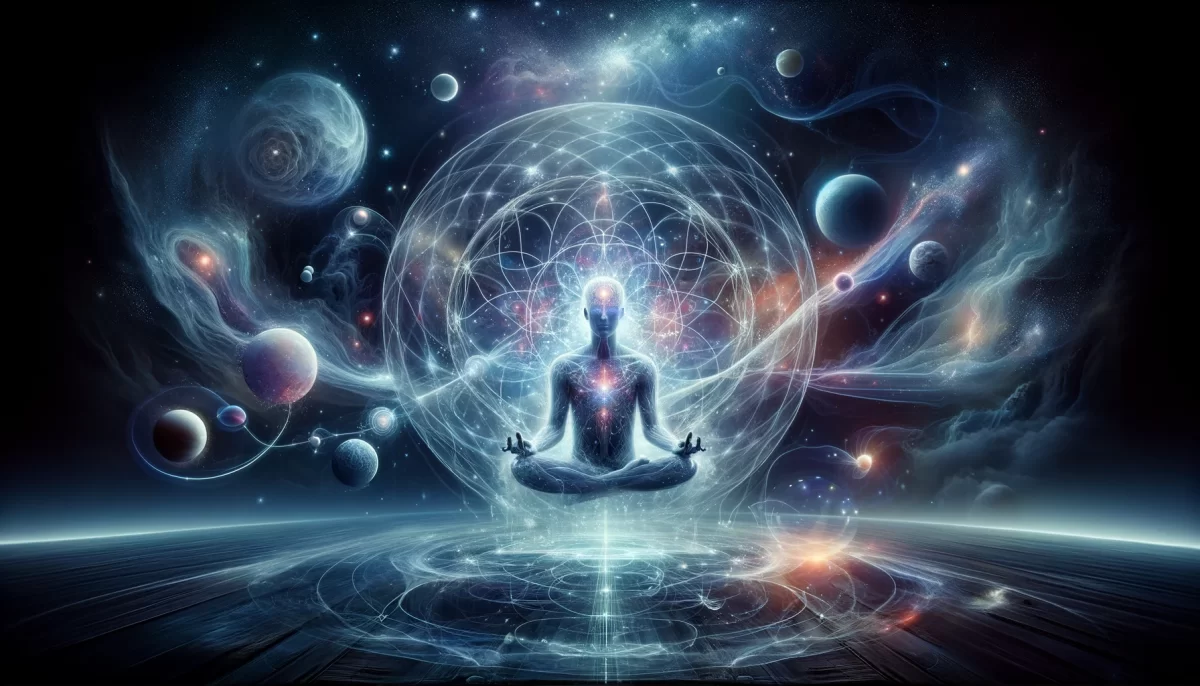
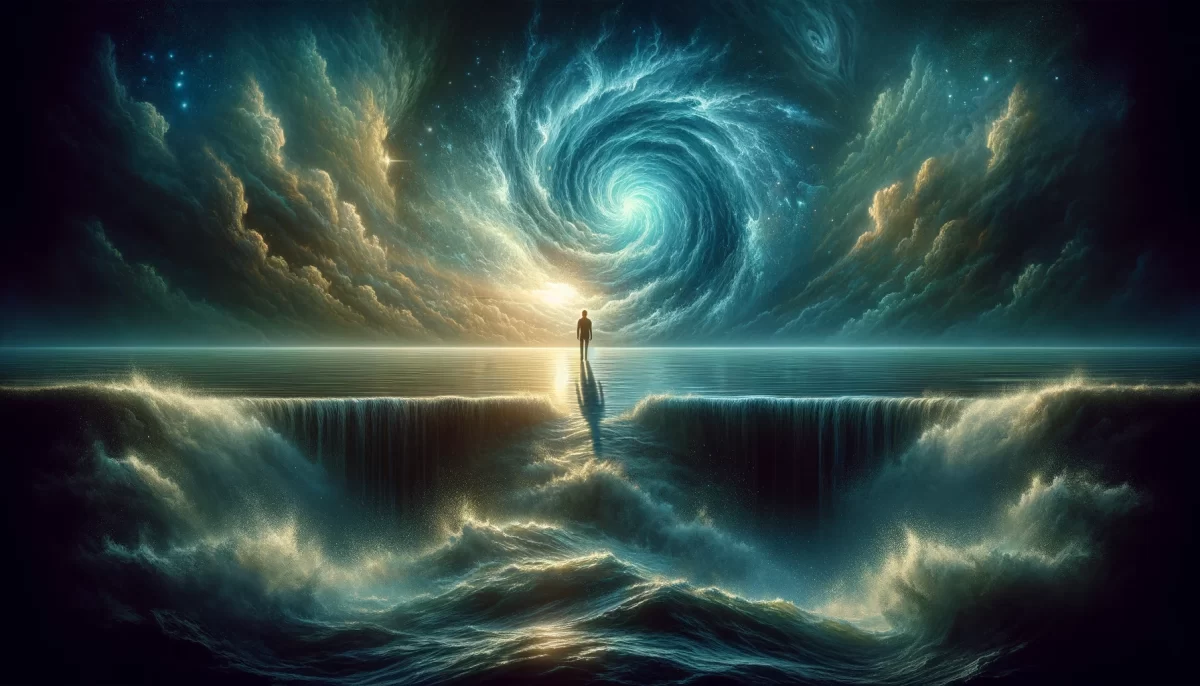
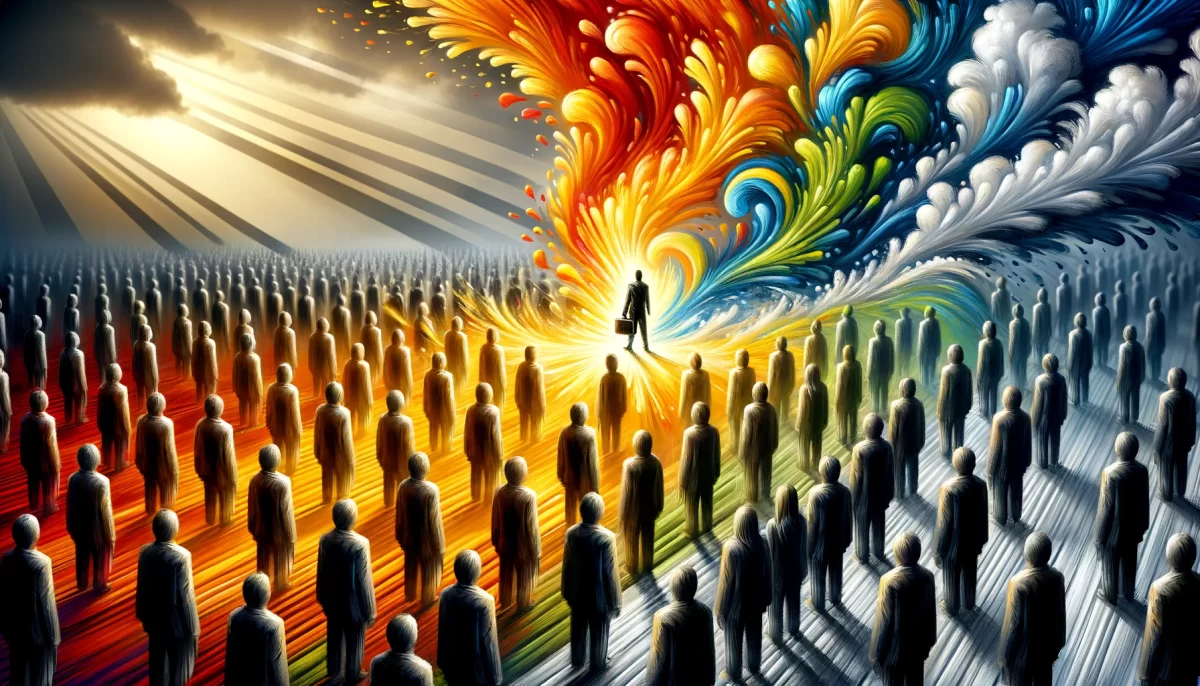
Leave a Reply